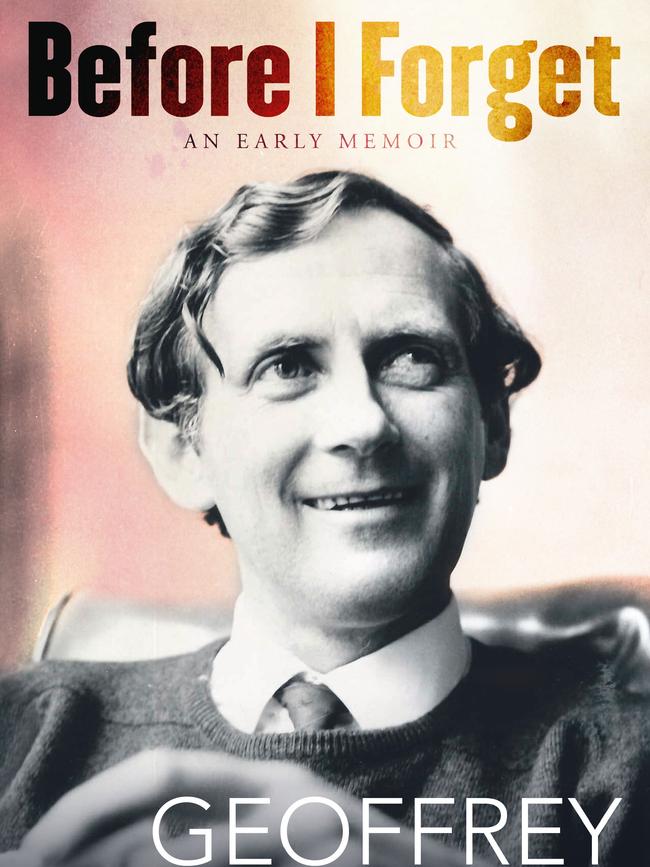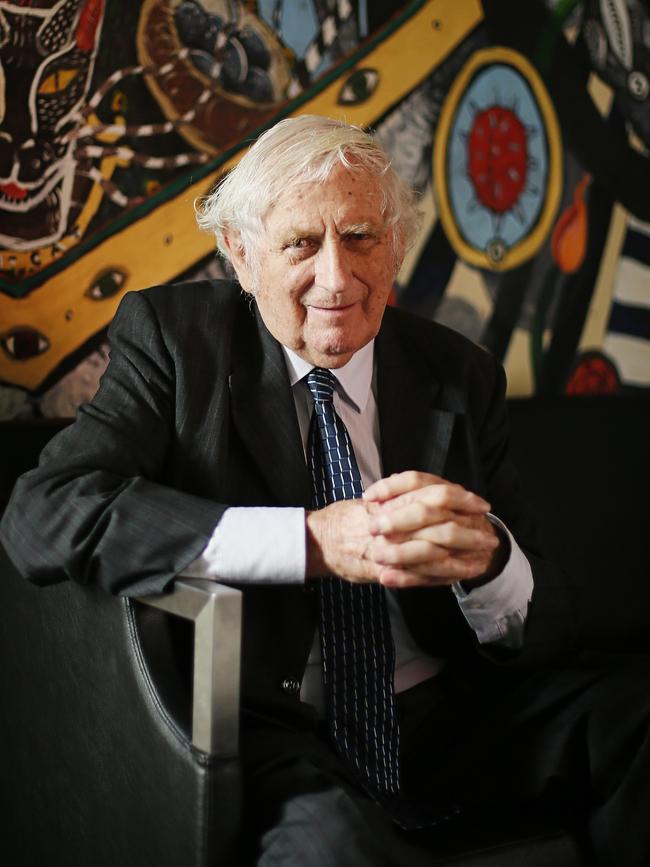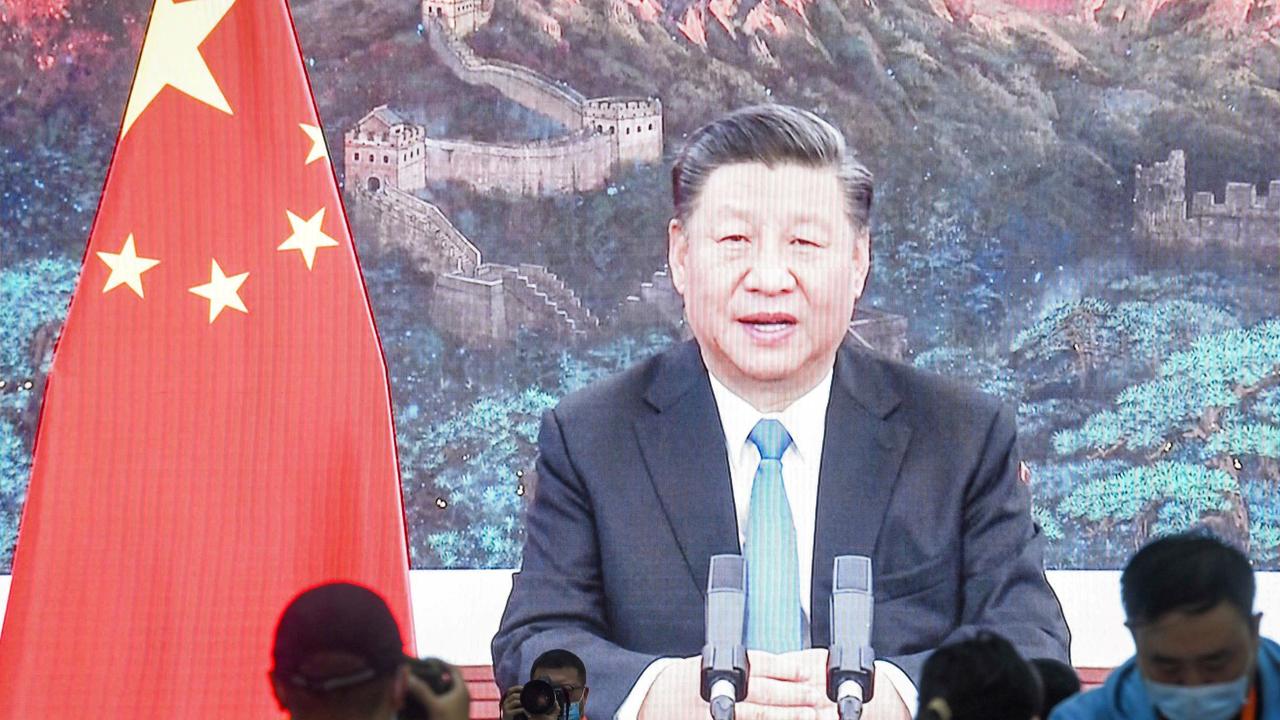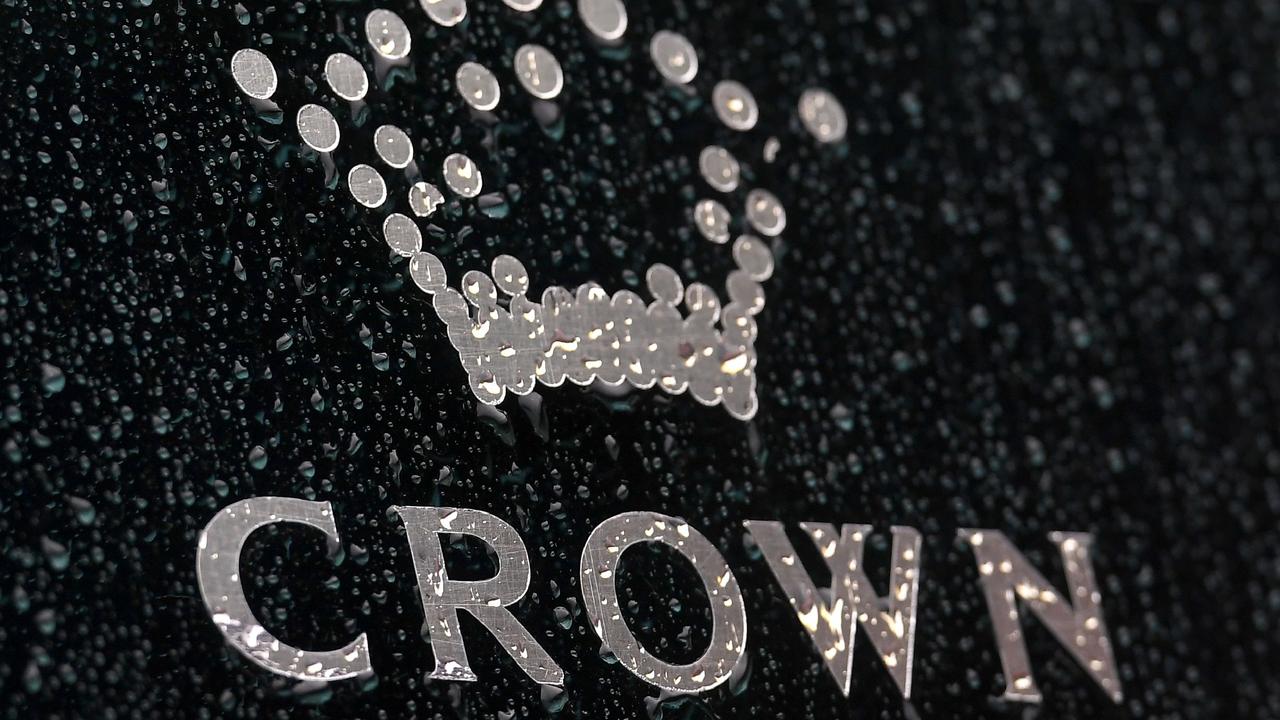Living Treasure Geoffrey Blainey turns his formidable mind to a memoir of his early life
Geoffrey Blainey grew up in country Australia and his love for this land and its people is stronger than ever as he approaches his 90th birthday. His memoir Before I Forget is a window into the early years of a remarkable life
Professor Geoffrey Blainey says his love for history was born in the cradle of Australian democracy, among the old mullock heaps and the grand Victorian streetscapes of Ballarat.
The man deemed a National Living Treasure by the National Trust spent his formative years in the picturesque old gold rush city 100 kilometres west of Melbourne during World War II.
The surrounds were unlike other places where he’d lived and he realized the ornate shop facades and elaborate municipal towers were a portal to pages of history which he didn’t understand but which he wanted to explore.
Blainey has been one of the country’s most celebrated historians and writers since his debut work The Peaks of Lyell 65 years ago, which explored the origins of the Mount Lyell Mining and Railway Company in Queenstown, Tasmania.
His Tyranny of Distance, published in 1966, not only popularised the catchphrase in the Australian vernacular but provoked a debate that continues more than half a century later over how Australia’s geographical remoteness shaped its personality.
Now at 89 he has penned ``Before I Forget’’, a beautifully written memoir of the first 40 years of his own history.

``I started to write the book about 16 or 17 years ago when I thought my memory might go,’’ he tells QWeekend, ``but I think my memory’s still pretty good — I can still speak for an hour without notes.’’
And he can still write captivating prose, of his days growing up as the son of a country clergyman, of singing in church alongside the great footballing Rankin family, of the thrill of being a tennis ball boy for the likes of great players John Bromwich and Adrian Quist.
Blainey’s mother Hilda, a schoolteacher, was born in a bark house in Victoria’s East Gippsland in 1903 at a place called Buchan South, where ``the hills were so steep and the road so uneven that horses were harnessed to a sledge in order to haul in supplies.’’
The nearest Post Office was about 8km away and the nearest doctor at least 30km away. When his mother was about to be born, the doctor was called by telegram. He arrived on horseback to find the baby alive and well.
Blainey’s father, Cliff, came from California Gully ``an evangelical fortress inside the goldfield at Eaglehawk, adjacent to the city of Bendigo’’.
His own father, Samuel Blainey, drove the enormous stationary steam engine that hauled the miners or the skips of rock up the shafts of Bendigo’s gold mines which, by the world standards were very deep.

``Dad began to conduct religious services when he was only 14,’’ Blainey writes, ``preaching his first sermon in the Sparrowhawk Mission Hall near Eaglehawk.’’
Blainey was born in Melbourne in 1930 when his father was the Methodist minister in Terang, on the main railway line between Melbourne and the port of Warrnambool.
He was lucky to survive the first few weeks of life and his family were fortunate that doctors treated clergymen with sympathy because his parents had virtually no savings to pay for medical bills.
He grew up at a time when most children wore second-hand clothes. His country homes were surrounded by bush battlers; the widow selling butter, the neighbours gifting skinned rabbits or displaying freshly killed snakes as curiosities.
He saw Aussie rules played for the first time at the old Corio Oval in Geelong and sang beside Teddy Rankin, at the nearby Methodist church where Cliff presided.
Next to the church was a tennis court where Blainey taught himself to play.
One weekend the Australian tennis stars John Bromwich and Adrian Quist came to Geelong to play exhibition games.
Blainey, then only eight or nine, was one of the ball boys.
He cleaned his tennis shoes with the aid of an old toothbrush and white paint-like liquid.
``Spick and span, I appeared at the tennis courts. A highlight for spectators was when Quist hit the ball so hard, in such an unexpected direction, that it almost knocked me to the ground.
``More memorable was the end of the tournament when I was presented with several shillings for my day’s work.’’
Before I Forget, Geoffrey Blainey, Penguin, $45
Originally published as Living Treasure Geoffrey Blainey turns his formidable mind to a memoir of his early life


